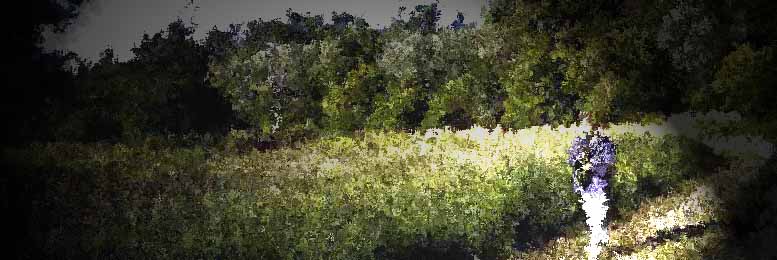25.11.2006 | 06:13
Kókið aftur í kólað?
Eins og margir hafa eflaust heyrt segir sagan að örlítið af Kókaíni hafi verið í Coca Cola þegar það kom fyrst á markaðinn.
Nú á dögum "orkudrykkjanna", berast þær fregnir frá Colombiu að drykkir sem innihaldi Kókaín njóti gríðarlegra vinsælda.
Nú nýverið birti www.spiegel.de grein um þessa notkun coca laufsins, þar segir m.a.:
"Coca products were taboo for a long time in Colombia. Now Colombians can purchase coca wine, coca tea and coca cookies. The newest product is called Coca-Sek, an energy drink that is fast developing an international reputation -- much to the irritation of the Coca Cola company.
An ad featuring the slogan "Coca Tea -- the Holy Leaf of the Sun Children" hangs above a colorful, cloth-draped sales booth in the Santa Barbara shopping mall in Bogotá. As recently as 10 years ago, any mother would have yanked her child hastily to the side if they had passed such a stall. But things have changed: Coca tea, coca wine, coca cookies and a variety of similar products have become an integral part of every street festival and flea market in the Colombian capital."
"The soft drink has a fresh, slightly sour taste, like lemonade. Curtidor says he and his wife spent six years developing the flavor. The drink is natural, he says, just like tea -- and, unlike cocaine, it's completely harmless.
When the product was introduced, Curtidor and his handful of colleagues were barely able to produce enough to keep up with demand. The first batch of 3,000 bottles of Coca-Sek -- literally "Coca of the Sun" -- was sold out in a rush. Another 40,000 bottles were sold in the next two months -- mainly in the southern part of the country."
"There are other difficulties as well. Almost the moment his product was on the market, the lawyers of soft drink giant Coca Cola started making life difficult for him. "We've been charged with violating Coca Cola's rights to the name of its product. We're not allowed to use the word 'Coca' in the name of our soft drink -- a word that is more than 5,000 years old and of indigenous origin, and which refers to a sacred plant. We're going to defend ourselves," Curtidor says.
But it's not just about economic success for Nasa Esh. It's also a question of improving the coca plant's image. "We want our products to show that coca has as little to do with cocaine as grapes have with wine.""
"The high nutritional value of the demonized shrub, whose leaves curb the appetite, is widely recognized, Chikangana points out. The green leaves contain not just calcium, iron and phosphate, but also magnesium and vitamins. Coca-based shampoo, toothpaste and soap are already on the market in Bolivia and Peru. The range of products is expanding every year.
Besides coca tea and cookies, Chikangana also sells a coca-based ointment -- called "Kokasana" -- that can be used to treat arthritis, muscle injuries and rheumatism. The product range will soon be expanded by a juice produced from the leaves of the coca shrub. The Sol y Serpiente Foundation, which is supported by the children's rights organization Terres des Hommes, wants to start an education campaign on coca."
Greinina í heild má finna hér.
Líklega bið eftir því að við finnum þetta í stórmörkuðunum.
Meginflokkur: Stjórnmál og samfélag | Aukaflokkar: Bloggar, Matur og drykkur, Menning og listir, Vefurinn | Facebook

Bæta við athugasemd [Innskráning]
Ekki er lengur hægt að skrifa athugasemdir við færsluna, þar sem tímamörk á athugasemdir eru liðin.